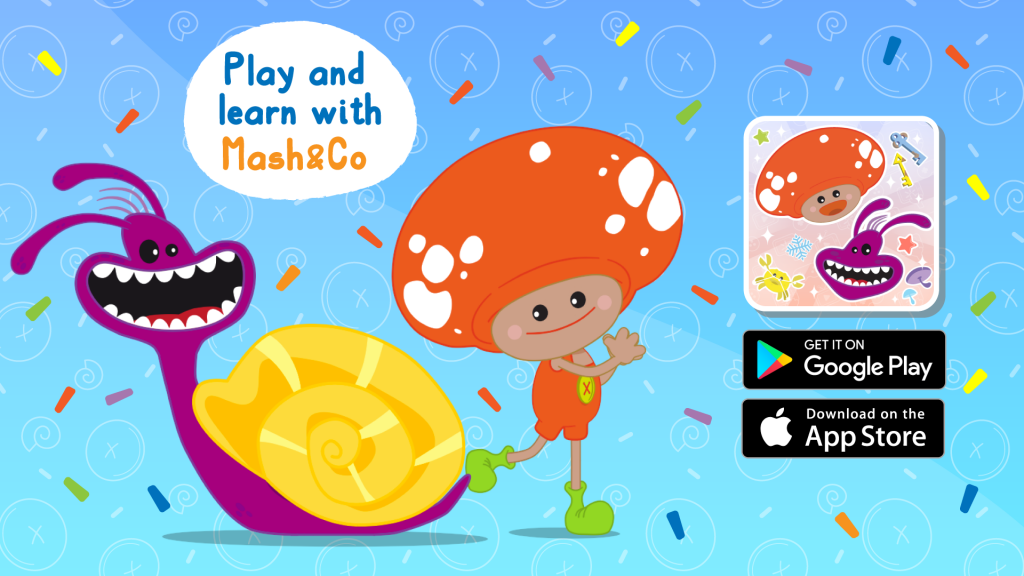Reading To Grow Up
“I wish everyone would read, not to become writers or poets, but because no one can be enslaved” Gianni Rodari
Read! Read! Read! How many times have I heard this little phrase as a kid? The school library, the books to read during the summer holidays, and the favorite books to share with classmates. Parents and teachers have always tried to transmit the value of reading, but I did not understand.
As a child, I was engaged in my homework, and I often considered books something extra that would take time away from my games. One day, immersing myself in the fantasy world of reading, I found the keys to enter the wonderland.
Reading opens our minds, connects us with the world, and makes us free. When we read, we make the words come to life and turn them into images and scenes. We are the directors of the stories we read. Reading will transcend thousands of borders.
Therefore, it is crucial to encourage children to read. Moms, Dads, Grandparents, Uncles, Educators, and Teachers, let’s join forces to make it clear to our young readers that they have the world in their pockets!
How do we cultivate kids’ interest in reading?

Our era is made of excellent communication through the most considerable information systems. This whole written world, which is full of signs and images, is perceived by our children as toddlers. How many times have we found them playing pretend to read and write? They fantasize and invent stories over a book they cannot read yet.
Literary literacy, the ability to read, understand, and use written language, is one of the 21st-century core competencies. We must continue stimulating children’s curiosity and connecting them with the book. The passion for reading must be cultivated early, when the child has not yet learned to read, and when playing is their primary activity.
READ ALSO: The Importance Of Play In Kids’ Life
From the time they are brought into the world, all children explore the environment through sight, hearing, touch, temperature, hearing, and smell. For the little ones, the book is a great tool that involves all the senses: a game to watch, browse, sniff, and manipulate; a means to take fantastic trips. A book is an excellent tool for our little ones because it involves all the senses; it is a game to watch, browse, sniff, and manipulate, a means to take fantastic trips.
An invitation to read for toddlers: Unreadable Books By Bruno Munari

“We have to deal with children and give them a chance to form a more flexible mindset, freer, less blocked, capable of decisions. And I would say, a method to deal with reality, and as a desire for understanding and expression. So, for this purpose, those instruments that look like games should be studied because they help men to set themselves free. ” Bruno Munari
Unreadable Books or Pre-books are books made of paper, cardboard, wood, cloth, and plastic. The binding of each book is different: spiral, with string, white, black, and metallic. All reporting the same title: book. They contain stories, words, or recognizable images. They can be read indifferently from the right or the reverse so as not to annoy the children by saying they opened it incorrectly. Are the magic books full of surprises, telling without words? They are rich in stimuli and allow you to travel with the imagination to get in touch with the world of reading. They are meant to intrigue and prepare children for reading actual books, readable books.

Today, many books intended to promote reading are available on the market: audiobooks, pop-up books, sensory books, puzzle books, and backpack books. The call is, therefore, to read!
Read on to grow, Read to dream, Read to be free!



